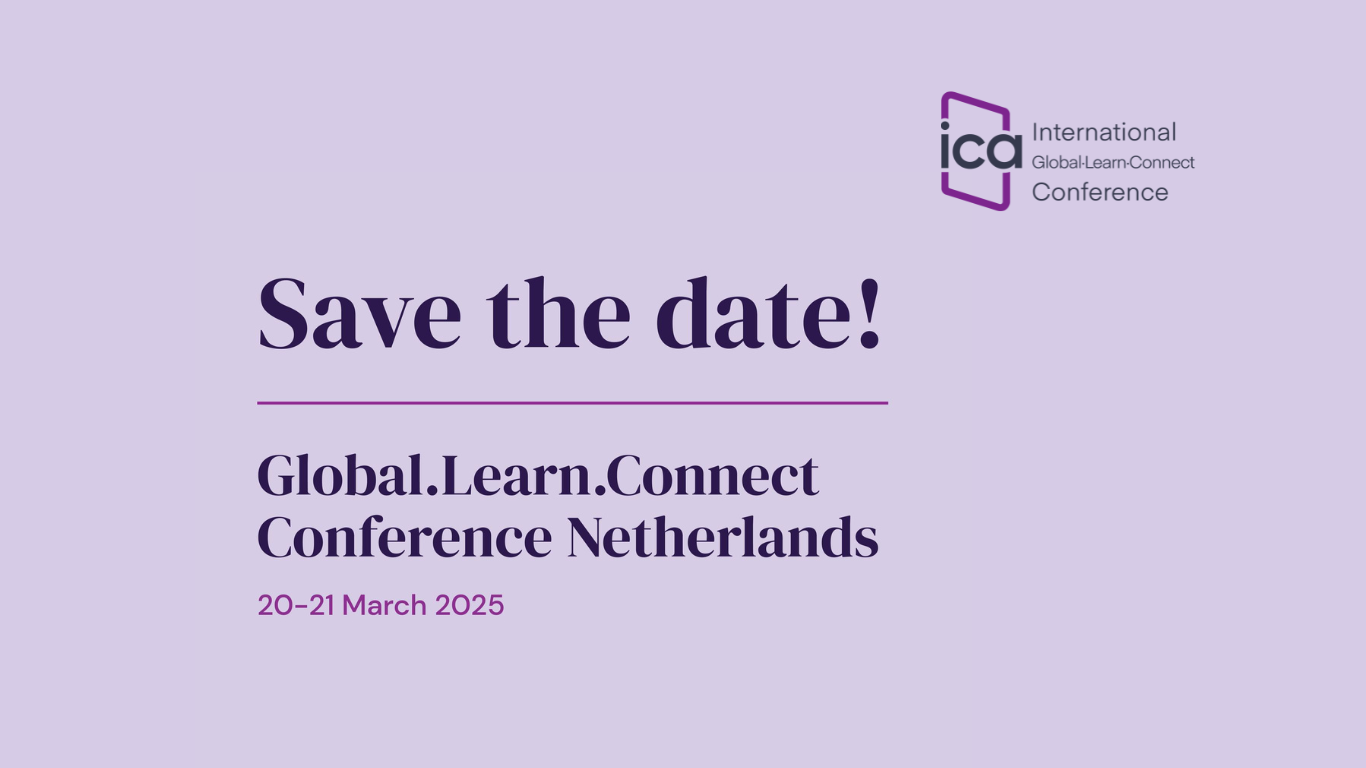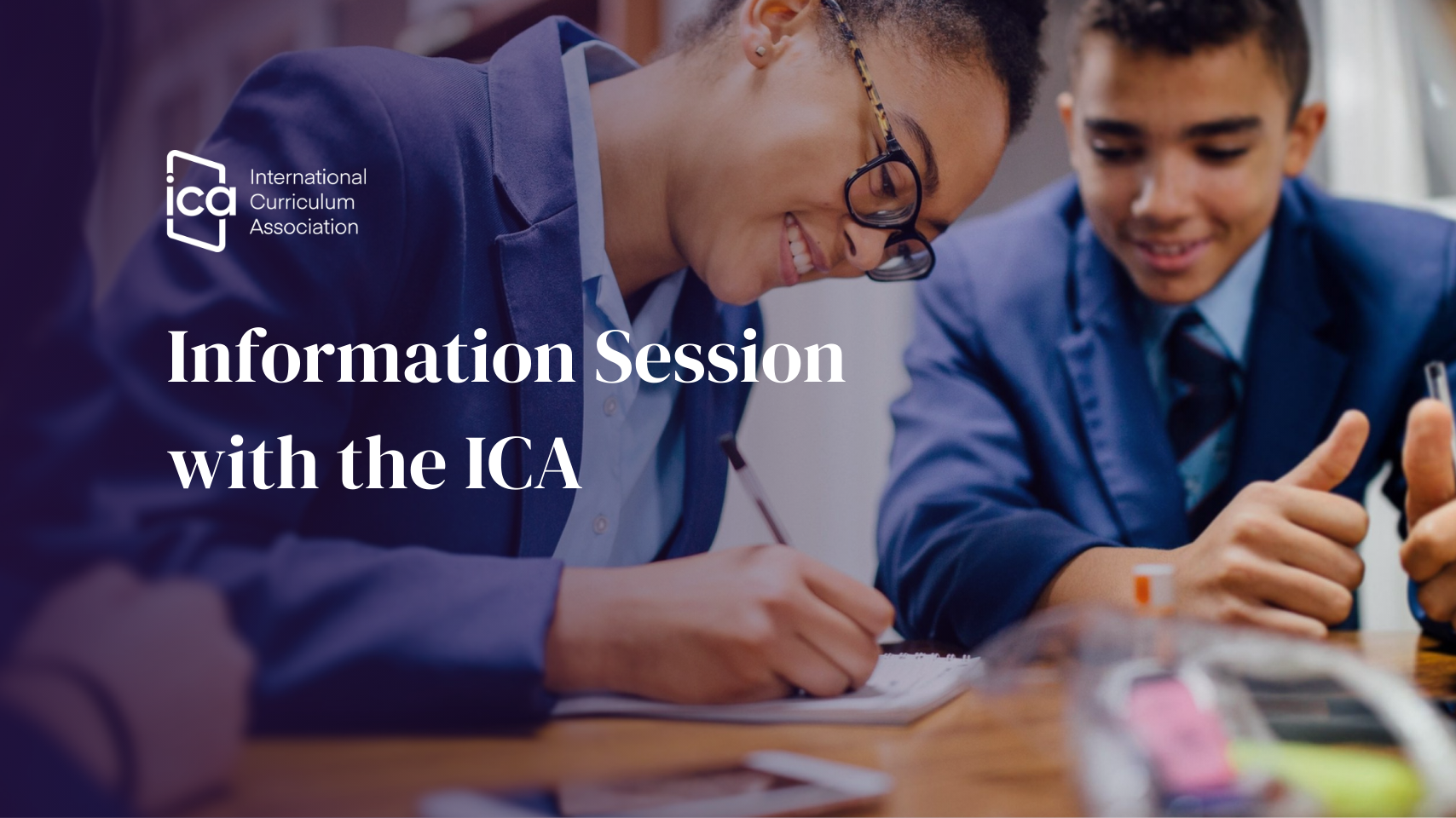FRIDAY 12 AUGUST 2022
IMYC Mathematicians Inspired by World Youth Day
Middle YearsFacebookTwitterLinkedInEmail
Friday, August 12, 2022 is international World Youth Day, a day designated by the United Nations to celebrate the worldwide contributions and needs of pre-teens and teens. As international educators, this day holds special meaning for us, and gives us an opportunity to reflect on, and reinvest in, working purposefully with the powerful minds of our IMYC students.
In mathematics, this means shaping learning experiences that honor the needs of the teenage brain. One tool used towards this end are Model Eliciting Activities. Model Eliciting Activities (MEAs) are activities that encourage students to design and test models that solve real world problems using mathematics. First described by Richard Lesh in 2003, MEAs are open-ended, complex questions, normally solved in small, heterogeneous groups, that address authentic problems connected to the lives of students. One of the gifts of using Model Eliciting Activities in our IMYC mathematics classrooms is that these activities honor the 6 needs of the teenage brain so authentically.
In IMYC, we recognize the needs of the teenage brain:
Interlinking learning
Making meaning
Peers
Agency
Risk-taking
Transition
The theme of International Youth day 2022 is “Transforming Food Systems: Youth Innovation For Human And Planetary Health” Because of its flexibility, this theme is a fantastic opportunity to build connection between your mathematics classroom and the Big Ideas of your unit. Use this frame to ask students to look at the problems facing our world - and the solutions that exist - through the lens of mathematics.
Consider challenging your students to look at changes in rainfall patterns affecting crop growth in Asia or to design an equitable food distribution model based on population for South America. Or to look at the problems solved by the amazing inventions of young entrepreneurs on the African continent. Students will recognize the authentic connections among the mathematical questions they form and their science, geography, and sustainability goals. They will also see the real life significance of the questions these situations provide.
In their small groups, students will have the opportunity to work with their peers, advocating for their ideas and expanding on those of their peers. They will take intellectual risks, building their social emotional competencies, and learning how to use their knowledge of the real world to clarify the questions and models they create.
Ask your students what practical questions they have about food shortages and weather changes, and how they might answer those questions using data. You will be reminded of the power of mathematics in helping students change the world for the better - and that the world is in good hands.

.png)
